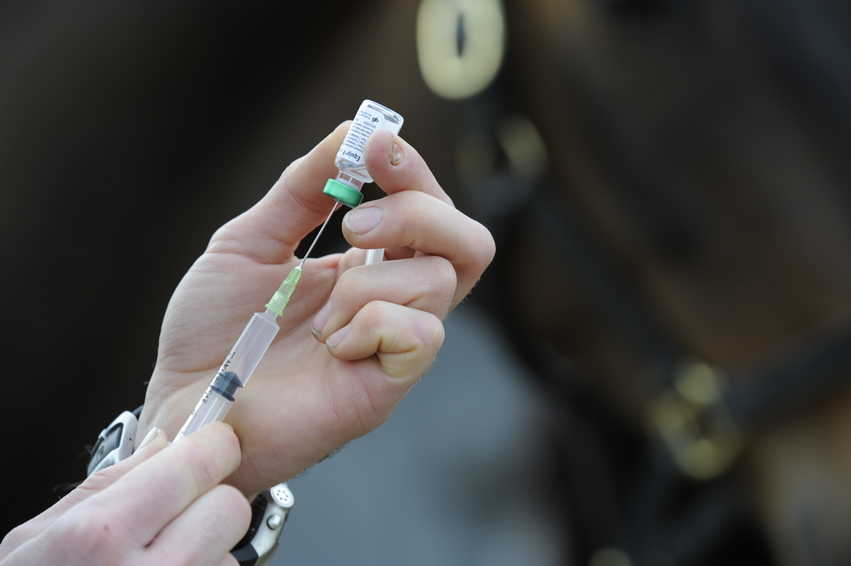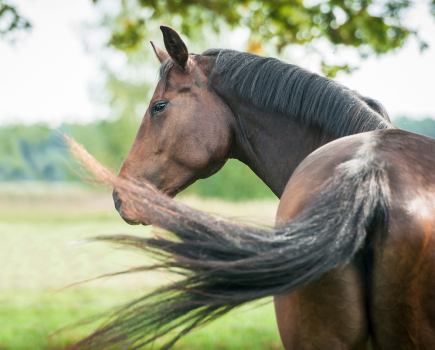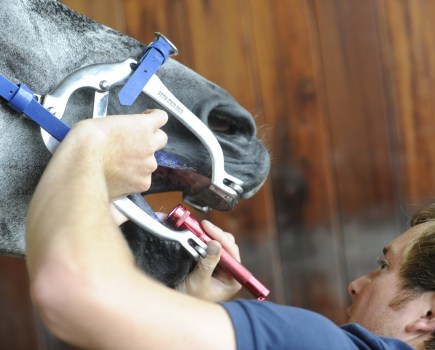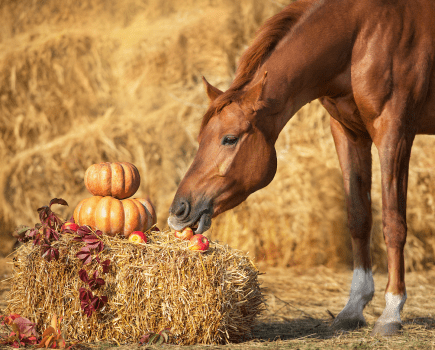Tetanus presents a serious threat to horse health but is easily prevented with a simple vaccination.
Protection against tetanus is usually administered at the same time as an equine flu injection, with regular boosters required for the rest of the horse’s life in order to ensure they are protected.
“It’s hugely important that all horses are properly vaccinated against tetanus as it’s found in the soil and can enter the body via a wound,” states Nancy Homewood from XL Vets Equine.
“The disease can be fatal and the current equine vaccination only offers protection for two years once primary vaccination course is completed.”
How vaccine works
Tetanus — also sometimes called lockjaw — is a devastating neurological disorder that causes muscle paralysis in horses. Around 75% of infected horses will die, so vaccination is imperative.
“A vaccine stimulates the immune response to produce antibodies and other protective mechanisms to fight an infection,” explains Nancy.
“Over time, this immune protection wanes and that’s why ‘booster’ vaccinations are given at regular intervals.”
Equine flu
You should also have your horse vaccinated against equine influenza. Both equine flu and tetanus vaccines can be administered at the same time, making it more cost effective — and potentially saving you a lot of money and heartache in the future.
Horses who regularly come into contact with others, for example on a livery yard or at competitions, are at higher risk of contracting infectious diseases like equine flu.
“If your horse lives on a private yard and never comes into contact with other new horses, then of course their risk of contracting flu is reduced,” adds Nancy.
“However, the risk is not eliminated as the influenza virus is airborne and can be transmitted without direct contact between horses.”
In summary, consult with your vet about the risks posed to your individual horse, based on their exposure to diseases that can be vaccinated against.








